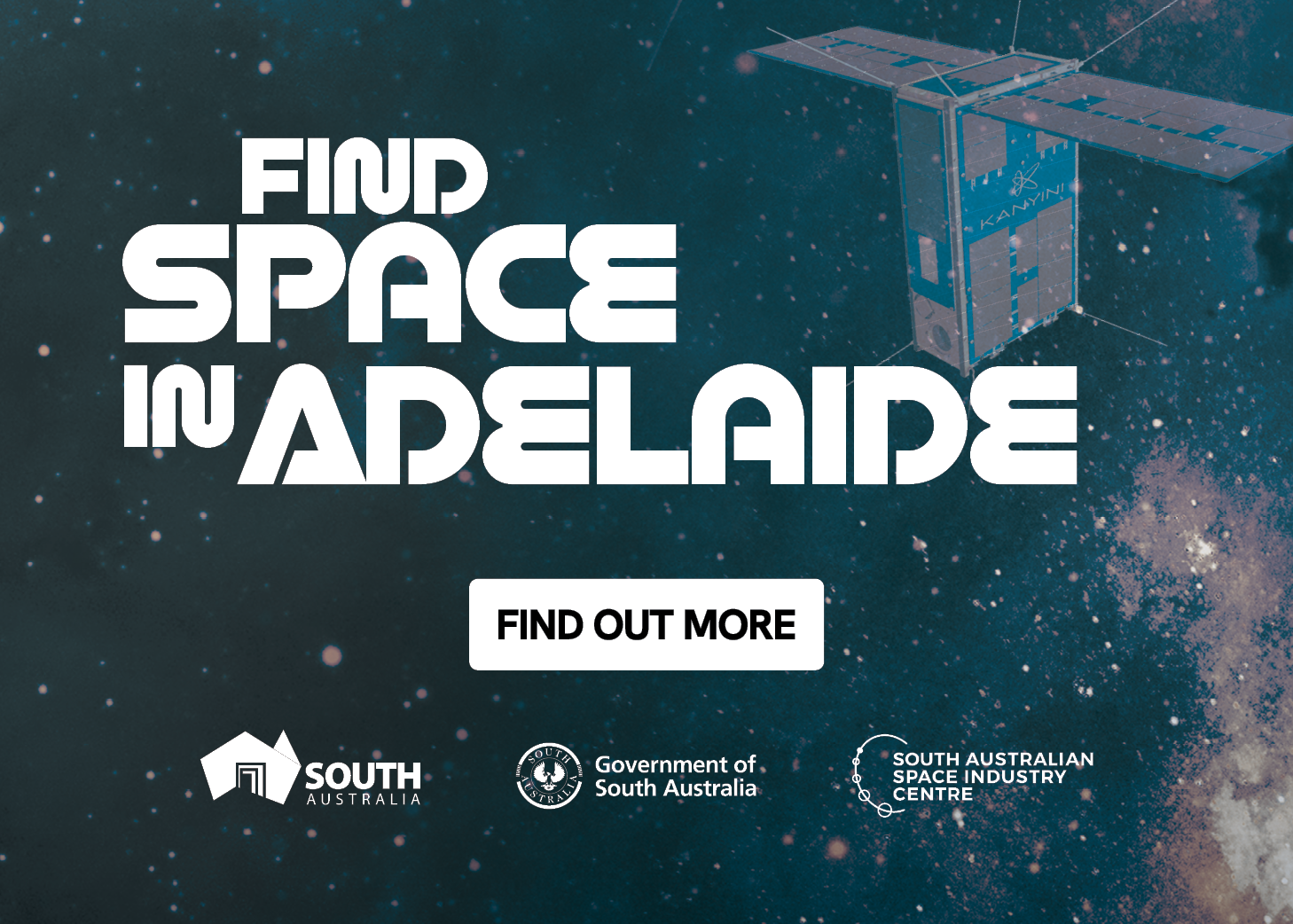The Minister for Industry and Science, Ed Husic MP, has announced a commitment to widen the pipeline of talent available to the science and technology sectors.
The Albanese Government has asked the Department of Industry, Science and Resources to determine how existing Government programs can be reformed to support greater diversity in Australia’s science and technology sectors.
The review is also aimed to reinforce the Government’s commitment to supporting pathways for women and girls into science, technology, engineering and mathematics (STEM).
The commitment emerged from discussions held in the lead up to and during the Jobs and Skills Summit.
“We need to find new ways to call up and skill up Australians from all corners of the community,” Mr Husic said.
“Improving diversity in our science, technology, engineering and mathematics workforce is not only the right thing to do, it will also deliver a huge boost to our national economy – $60 billion over the next 20 years.
“Breaking the back of a decade long science and tech skills shortage will be a tough job – but a necessary one.”
Mr Husic said: “Women remain chronically underrepresented in STEM, making up only 16 percent of people with STEM qualifications. Of First Nations people, only half a percent hold university-level STEM qualifications.
“Renewed effort is required to address this problem and meet the growing demand for workers in the tech and science sectors.”
This review of Government programs is also designed to play a part in achieving the target of 1.2 million tech-related jobs by 2030.
“Widening the skills pipeline is a huge priority, providing better, more inclusive pathways for women, First Nations people, migrants, mature workers and those living with disability.
“Ensuring all Australians have the opportunity to develop STEM skills is essential to harnessing new technologies for national wellbeing. It will also help build stronger businesses, secure jobs and higher wages.”
The Chief Scientist of Australia, Dr Cathy Foley, welcomed the review.
She said: “This review is timely. We know that despite years of effort, women are still significantly underrepresented in STEM occupations, and the problem goes all the way back to the mid-school years when the participation of girls starts to drop off.
“But this is more than just about representation. Getting the settings right for women and for other groups in our community, is about equity. It will also ensure we can fill the skills gaps in industries set to shape Australia over the next two decades, by making use of our full human potential.”
The review will examine the delivery and impact of existing programs under the Government’s Women in STEM program suite and, where appropriate, Government science and innovation investments with a view to increasing the diversity of participants.
The review will establish what is working, what is not, and where these lessons can be applied to improve overall diversity in STEM. The review will look at what is being done internationally for lessons that Australia could apply to its efforts in this area.
It will also examine cultural and structural barriers that limit participation and retention of women and other under-represented groups in STEM professions. It is expected to make recommendations on concrete measures to attract, promote and retain diverse groups into the STEM workforce to maximise innovation, creativity, leadership and competitiveness.












